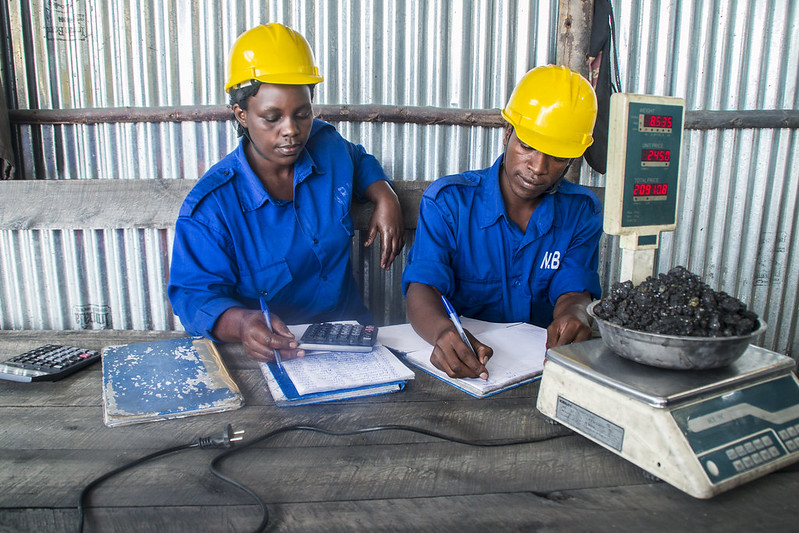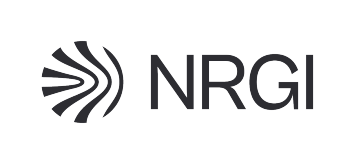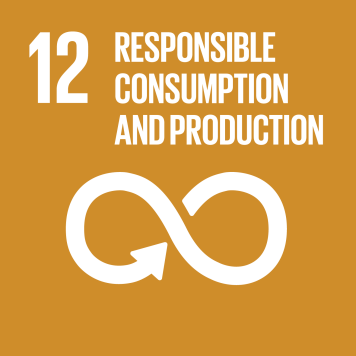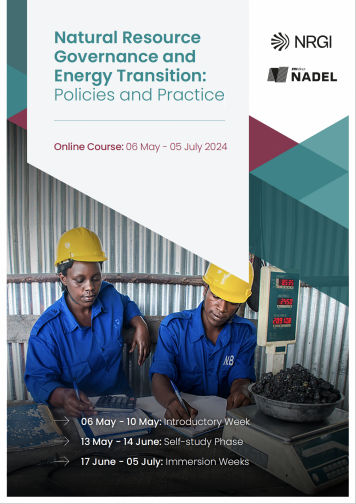Natural Resource Governance and Energy Transition: Policies and Practice
Advanced course

Course duration:
Introductory week: 06 - 10 May 2024 (daily)
Self-study phase: 13 May - 14 June 2024 (every Friday)
Immersion week: 17 - 21 June, 24 - 28 June or 01 - 05 July (depending on path choice, daily)
(online sessions always 2-4pm CET)
Teaching format:
Online
Course objectives:
Natural resource extraction can create both opportunities and challenges to sustainable development and poverty reduction. This course provides insights into the political economy of governance in resource-rich states and explores options for policy and practice. Participants learn approaches to analyse energy transition challenges and hands-on tools in the areas of taxation, revenue management and local value creation. These skills are paramount to leaders in natural resource governance who need to translate transition challenges into opportunities in their specific country contexts and understand the impact of politics and power on policy outcomes.
Key topics:
- Energy transition related challenges for extractive sectors
- Political economy of natural resource extraction
- Fiscal regimes, taxation, revenue management
- Environmental impacts of extraction
- Community engagement and local value creation
- Governance of state-owned companies
ECTS points:
4
Exam:
Written assignment completed during the course
Course fee:
1500 CHF
Participants
Leaders from government, civil society, parliaments, media, international development agencies, and the private sector, as well as academics, researchers, and analysts
Lecturers:
Dr Fritz Brugger, NADEL
Felicitas Fischer, NADEL
Experts from NRGI and other organisations
Application:
Applications are open until 17/03.

Offered in collaboration with the external page Natural Resource Governance Institute (NRGI)

